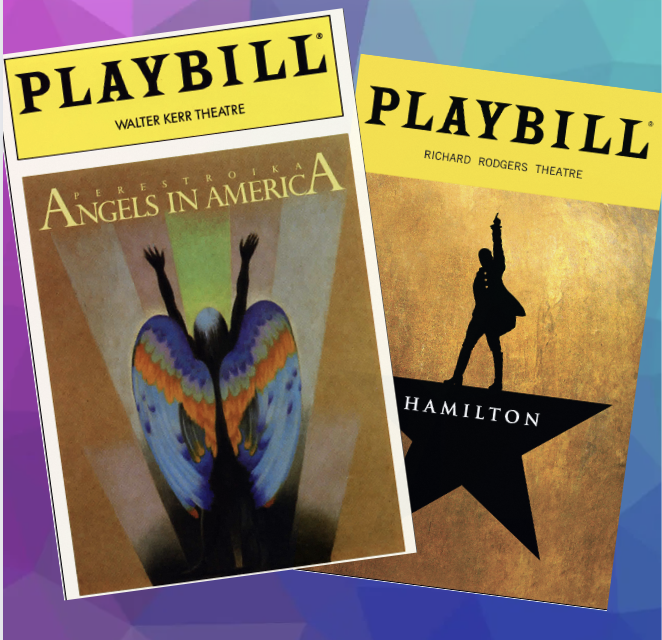Dr. Maura O’Connor
Historians mostly see themselves outside of the history of popular culture and its creative uses. Yet, our work often inspires artists and playwrights and has done so for a very long time. Like many writers, artists, and composers before him, for example, Lin-Manuel Miranda asks an important question in his musical Hamilton: who gets to tell the story? That is a quintessential historical question if there ever was one. What we will set out to uncover and discover, to analyze and deconstruct, in this course starting with Miranda’s extraordinary play, is this question.
We will work backward and forward, understanding the American Revolution in Miranda’s story and his telling the story of the new American nation through his interpretation of Alexander Hamilton’s life. At the same time, we will explore the challenges provoked by Miranda’s interpretation of this story.
What changes when the story gets told to us by an unlikely group of actors and told in verse, in the popular musical vernacular of hip hop and rap music? What does this artistic and musical re-interpretation help us to see that we might not otherwise? More to the point, what does it say about the historical present?
In addition, we will use Miranda’s play as a vehicle for understanding the role of history in popular culture more broadly by including Tony Kushner’s spectacular two-part drama Angels in America. Angels was a generational game changer for theater 25 years ago, much like Hamilton; and recent revival productions in London and New York resemble and represent a theatrical afterlife that is equally historically significant and compelling.
